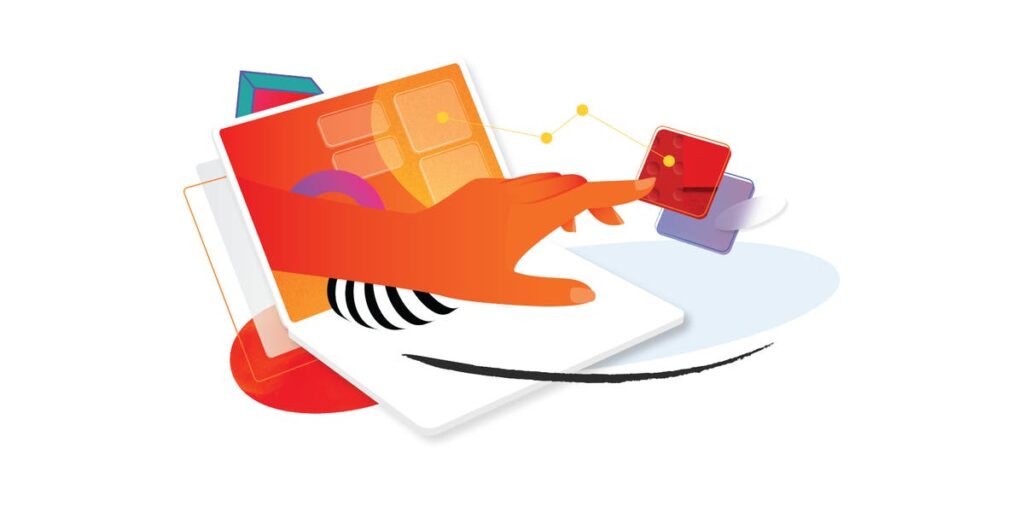In today’s data-driven world, data analytics has become an essential tool for businesses, governments, and organizations to make informed decisions. One area where data analytics has made a significant impact is in the field of economic forecasting.
Economic forecasting is the process of making predictions about the future performance of an economy based on historical data, trends, and current conditions. This article will explore the role of data analytics in economic forecasting and how it has revolutionized the way we predict economic trends.
A New Era of Economic Forecasting
Traditionally, economic forecasting relied on time series models, regression analysis, and expert opinions. While these methods have their merits, they often fall short in accounting for the complex, interconnected nature of the modern economy. With the advent of big data, advanced analytics, and econometrics, economic forecasters now have access to a wealth of information that can help them create more accurate and reliable predictions.
What is econometrics? The linked article explains.By leveraging data analytics, forecasters can analyze vast amounts of structured and unstructured data from various sources such as social media, consumer sentiment, financial markets, and macroeconomic indicators. This enables them to identify patterns, trends, and relationships that were previously hidden in the noise of traditional economic data.
Improved Accuracy and Efficiency
One of the most significant benefits of using data analytics in economic forecasting is the ability to improve accuracy. By incorporating a wider range of data and applying sophisticated algorithms, forecasters can create more precise and nuanced predictions. For example, machine learning techniques like neural networks and deep learning can be used to analyze non-linear relationships and adapt to changes in the underlying data.
Moreover, data analytics allows for more efficient and timely forecasts by automating the data collection, cleaning, and analysis processes. This enables economic forecasters to produce real-time or near-real-time predictions, which are crucial for policymakers and businesses to respond quickly to changing economic conditions.
Enhanced Decision-Making for Businesses and Policymakers
The insights gained from data analytics in economic forecasting can be invaluable for businesses and policymakers. For businesses, accurate economic forecasts can inform strategic planning, risk management, and investment decisions. Companies can use these forecasts to identify potential market opportunities, anticipate changes in demand, and optimize resource allocation.
For policymakers, data-driven economic forecasts can help shape monetary and fiscal policies that promote growth, stability, and equity. By understanding the likely trajectory of the economy, policymakers can implement measures to mitigate risks and capitalize on opportunities. Furthermore, real-time forecasts can enable them to respond more effectively to economic shocks, such as financial crises or natural disasters.
Challenges and Limitations
Despite its many advantages, data analytics in economic forecasting is not without challenges and limitations. One of the main concerns is the quality and reliability of the data being used. Inaccurate or biased data can lead to misleading or erroneous forecasts. Ensuring data integrity and addressing issues like missing or inconsistent data are critical to producing reliable predictions. Another challenge is the inherent uncertainty in economic forecasting. Finally, there is the risk of overreliance on data analytics and underestimating the importance of human intuition and judgment.
By embracing the power of data analytics while maintaining a healthy dose of skepticism, economic forecasters can continue to refine their predictions and contribute to better decision-making in an increasingly complex world.

